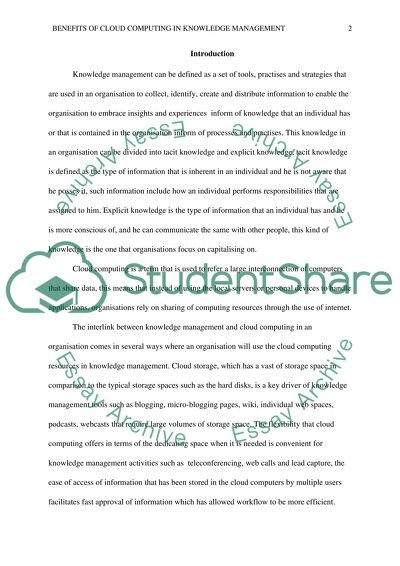Cite this document
(“Research Proposal on a topic that links Knowledge Management System”, n.d.)
Retrieved from https://studentshare.org/information-technology/1483343-research-proposal-on-a-topic-that-links-knowledge
Retrieved from https://studentshare.org/information-technology/1483343-research-proposal-on-a-topic-that-links-knowledge
(Research Proposal on a Topic That Links Knowledge Management System)
https://studentshare.org/information-technology/1483343-research-proposal-on-a-topic-that-links-knowledge.
https://studentshare.org/information-technology/1483343-research-proposal-on-a-topic-that-links-knowledge.
“Research Proposal on a Topic That Links Knowledge Management System”, n.d. https://studentshare.org/information-technology/1483343-research-proposal-on-a-topic-that-links-knowledge.


